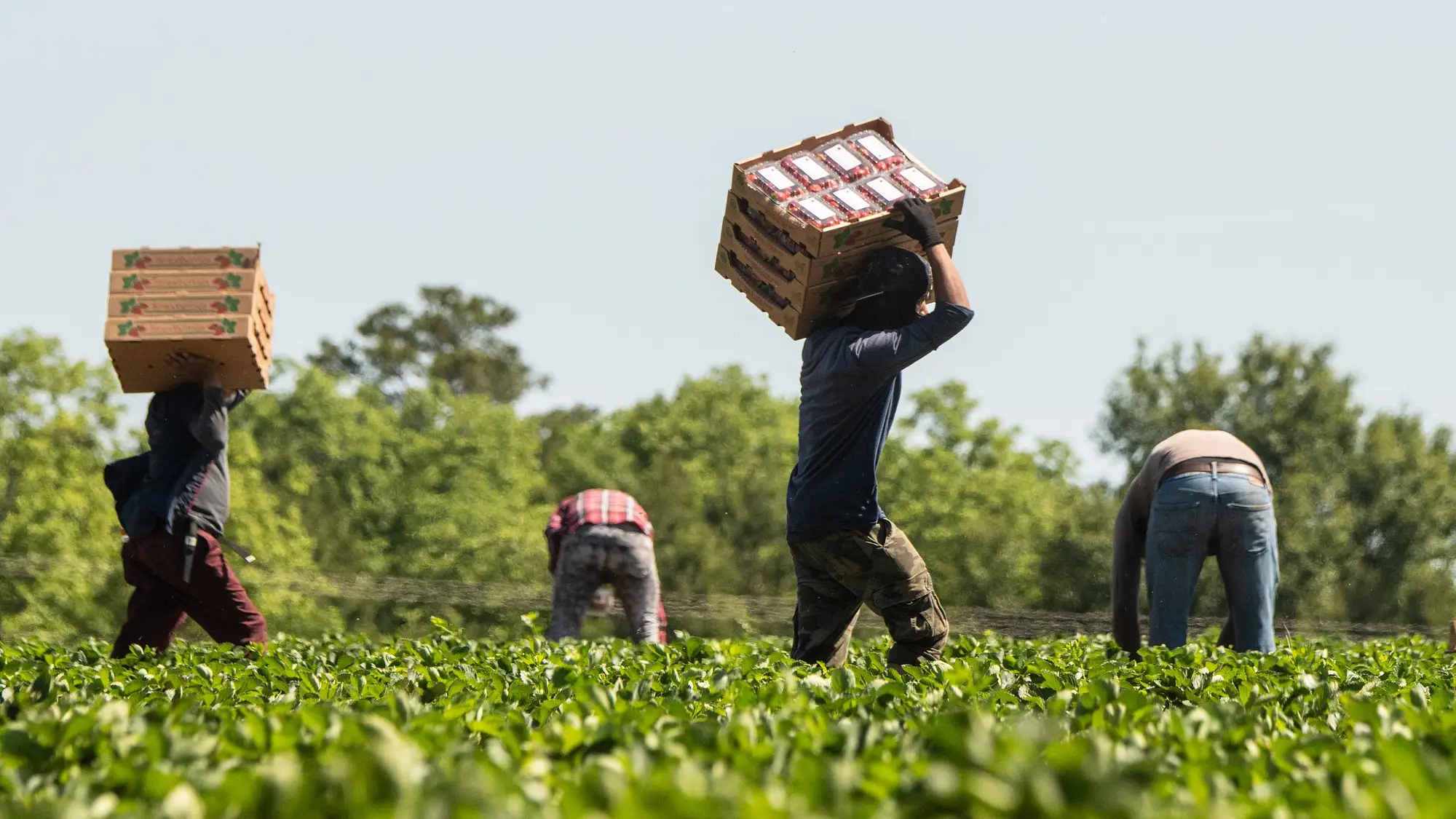Canada’s temporary foreign worker programs are a “breeding ground” for exploitation and even slavery, the UN Special Rapporteur on Contemporary Forms of Slavery said this week.
Tomoya Obokata expressed deep concern over the accounts of exploitation and abuse shared with him during his 14-day visit to Canada. In his end-of-mission statement, he highlighted the vulnerability of migrant workers within the country’s foreign-worker programs.
“Employer-specific work permit regimes, including certain Temporary Foreign Worker Programmes, make migrant workers vulnerable to contemporary forms of slavery, as they cannot report abuses without fear of deportation,” Obokata said Wednesday.
Canada must regularize status of people in foreign-worker programs: Obokata
Obokata emphasized the urgent need for Canadian authorities to regularize the status of foreign migrant workers and dismantle the closed work permit system. He called for the establishment of a clear pathway to permanent residency for all migrants, aimed at preventing the recurrence of abuses within the foreign-worker programs.
‘Canada has work to do to ensure we not only eliminate modern forms of slavery but also create an environment where it is impossible for them to take root.’
Ketty Nivyabandi, Secretary General, Amnesty International Canada
Ketty Nivyabandi, Secretary General of Amnesty International Canada’s English-speaking section, said Obokata’s findings should serve as a wake-up call for lawmakers and civil-society groups. “Canada has work to do to ensure we not only eliminate modern forms of slavery but also create an environment where it is impossible for them to take root.”
Nivyabandi applauded the Special Rapporteur for highlighting the need for the Canadian government to do more to protect labour rights abroad. While acknowledging recent efforts to encourage Canadian businesses to respect human rights, including the establishment of the Canadian Ombudsperson for Responsible Enterprise (CORE) and transparency legislation requiring companies to report on measures addressing child and forced labour, Obokata stressed the need for comprehensive monitoring frameworks. Obokata also urged Canada to expand the independence, powers, and mandate of the CORE, in line with Amnesty International Canada’s ongoing calls.
“While these are important steps, clear monitoring frameworks need to be in place, and Canada must do more to implement these measures to address modern slavery, by protecting workers’ rights and tackling discrimination that enables exploitation,” he said.
Obokata called upon the government to introduce legislation mandating Canadian companies to implement mandatory human rights due diligence — a step Amnesty International Canada, as part of the Canadian Network on Corporate Accountability, strongly supports.
During his visit, Obokata noted that the communities most vulnerable to modern enslavement and exploitation include people already subjected to structural discrimination and violence, such as migrants with precarious status, Indigenous Peoples, persons of African descent, persons with disabilities, formerly incarcerated persons, and persons experiencing homelessness.
Impacts of Canada’s colonial legacy
The Special Rapporteur drew connections between Canada’s colonial legacy and the disproportionate impact of contemporary forms of slavery on Indigenous Peoples, including First Nations, Métis, and the Inuit. “I am extremely concerned by the extent to which Indigenous women, girls, and Two-Spirit people go missing or are murdered, often as a result of being trafficked for forced labour or sexual exploitation,” he said.
Obokata highlighted the lack of trauma-informed personnel and human rights-based approaches in law enforcement and the court system, as well as insufficient survivor consultation in policymaking.
“Victims and survivors are forced to relive their trauma in their interactions with law enforcement and the court systems, and the outcome of legal proceedings often fails to provide adequate compensation,”Obokata noted.
The UN expert expressed serious concerns about the misuse of anti-trafficking legislation to target sex workers, which has a detrimental impact on their human rights. He emphasized that full decriminalization of sex work is necessary to prevent further abuses.
Two months before Canada’s Universal Periodic Review, the Special Rapporteur’s comments are a reminder that Canada still has much to do to improve its human rights record at home. For centuries, slavery, subjugation, and dehumanization of human beings as property were part of Canada’s nation building. These practices cannot endure today.
Under the Slavery Convention, Canada has the international obligation to prevent and abolish all contemporary forms of slavery and address its root causes. We urge Canada to execute the recommendations made by Special Rapporteur without further delay.
(Header photo: U.S. Department of Agriculture/Flickr)






















